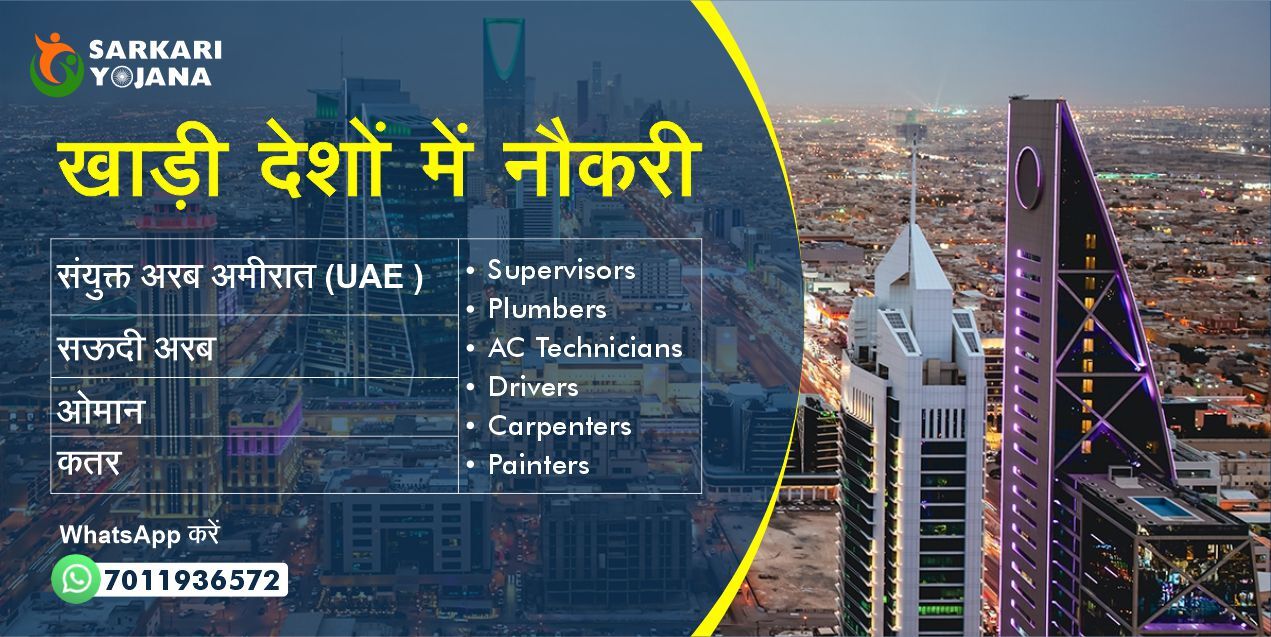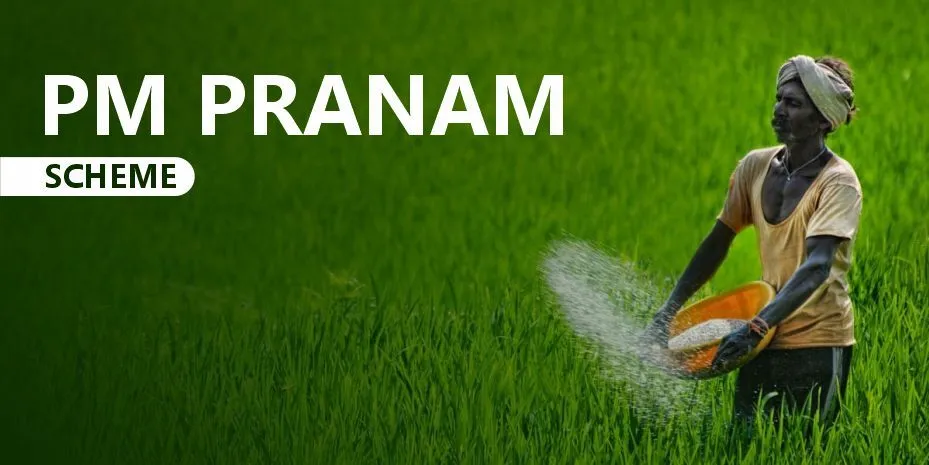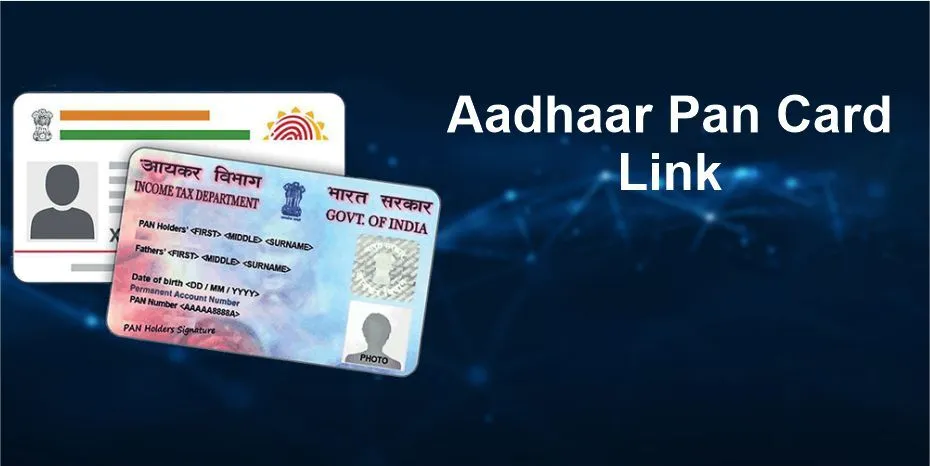A legal name change in India is a process through which individuals can change their names for various reasons such as marriage, divorce, or personal preference. It is an important process as it allows individuals to establish their identity with their preferred name on all official documents.
The legal process of changing a name in India involves several steps and can be complex. It is essential to follow the legal process to avoid legal issues in the future. In this article, we will provide a detailed outline of the steps involved in the legal name change process in India.
Contents
Eligibility Criteria for Legal Name Change in India
Before initiating the legal name change process in India, it is important to meet the eligibility criteria. The eligibility criteria vary based on the reason for the name change. In this section, we will provide an overview of the eligibility criteria for different categories of individuals and the documents required to prove eligibility.
Change of Name after Marriage:
- Eligibility Criteria: A woman who wishes to change her name after marriage must provide a marriage certificate issued by the Registrar of Marriages.
- Documents Required: Marriage Certificate, proof of identity such as an Aadhaar Card, PAN Card, and Passport, proof of residence such as Voter ID, Driving License, and utility bills.
Change of Name after Divorce:
- Eligibility Criteria: An individual who wishes to change their name after divorce must provide a divorce decree issued by the court.
- Documents Required: Divorce decree, proof of identity such as an Aadhaar Card, PAN Card, and Passport, proof of residence such as Voter ID, Driving License, and utility bills.
Change of Name for Personal Reasons:
- Eligibility Criteria: An individual who wishes to change their name for personal reasons must provide a valid reason for the name change.
- Documents Required: Affidavit stating the reason for the name change, proof of identity such as an Aadhaar Card, PAN Card, and Passport, proof of residence such as Voter ID, Driving License, and utility bills.
Change of Name for Transgender Individuals:
- Eligibility Criteria: Transgender individuals who wish to change their name must provide a certificate issued by a medical officer from a government hospital or a certificate issued by a psychiatrist.
- Documents Required: Medical certificate, proof of identity such as an Aadhaar Card, PAN Card, and Passport, proof of residence such as Voter ID, Driving License, and utility bills.
Eligibility criteria for legal name change in India varies depending on the reason for the name change. It is important to provide the necessary documents to prove eligibility and follow the legal process carefully to ensure that the name change is legally valid.
Steps Involved in Legal Name Change in India
The legal process of changing a name in India involves several steps. In this section, we will provide a detailed outline of the steps involved in the legal name change process in India.
- Step 1: Filing a Petition in the District Court or High Court
The first step in the legal name change process in India is to file a petition in the District Court or High Court. The petition must state the reason for the name change and provide all necessary details such as the individual’s current name, desired name, and other personal information.
- Step 2: Publication of Notice in Local Newspapers
After filing the petition, the court will direct the individual to publish a notice in two local newspapers, one in the language of the district and the other in the language of the individual’s choice. The notice must contain details such as the individual’s current name, desired name, and reason for the name change.
- Step 3: Obtaining an Affidavit Stating the Reason for Name Change
Once the notice is published, the individual must obtain an affidavit stating the reason for the name change from a notary public. The affidavit must be attested by two witnesses and must include the individual’s current name, desired name, and reason for the name change.
- Step 4: Obtaining a Gazette Notification for the Name Change
The final step in the legal name change process in India is to obtain a Gazette Notification for the name change. The Gazette Notification is issued by the Department of Publication, Government of India. The individual must submit the petition, notice, and affidavit to the Department of Publication along with the prescribed fee. Once the Gazette Notification is issued, it is considered proof of the name change.
The legal process of changing a name in India involves several steps, including filing a petition in the District Court or High Court, publication of notice in local newspapers, obtaining an affidavit stating the reason for the name change, and obtaining a Gazette Notification for the name change. It is important to follow all the steps carefully to ensure that the name change is legally valid.
Documents Required for Legal Name Change in India
To initiate the legal name change process in India, it is important to provide certain documents to prove eligibility and complete the required legal formalities. In this section, we will provide an overview of the documents required for legal name change in India.
Identification Documents
The following documents are accepted as valid identification for legal name change in India:
- Aadhaar Card
- PAN Card
- Passport
Proof of Address
The following documents are accepted as valid proof of address for legal name change in India:
- Voter ID
- Driving Licence
- Utility Bills (electricity bill, telephone bill, gas bill, etc.)
Affidavit stating the Reason for Name Change
- An affidavit is a legal document that must be signed by the individual who wishes to change their name. The affidavit must contain details such as the individual’s current name, desired name, and reason for the name change.
Publication Certificate of the Name Change Notice in a Local Newspaper
- After filing the petition for the name change, the court will direct the individual to publish a notice in two local newspapers, one in the language of the district and the other in the language of the individual’s choice. Once the notice is published, the individual must obtain a publication certificate from the newspaper.
Gazette Notification for the Name Change
- The final step in the legal name change process in India is to obtain a Gazette Notification for the name change. The individual must submit the petition, notice, and affidavit to the Department of Publication along with the prescribed fee. Once the Gazette Notification is issued, it is considered as proof of the name change.
To initiate the legal name change process in India, individuals must provide certain documents such as identification documents, proof of address, an affidavit stating the reason for the name change, a publication certificate of the name change notice in a local newspaper, and a gazette notification for the name change. It is important to follow all the legal formalities and provide the necessary documents to ensure that the name change is legally valid.
Challenges and Roadblocks in the Legal Name Change Process
The legal name change is a process that involves a lot of paperwork, legal procedures, and bureaucratic hurdles. While it is a straightforward process for some individuals, for others, it can be quite challenging and time-consuming. In this essay, we will discuss some of the challenges and roadblocks that individuals face in the legal name change process, with a specific focus on delays in getting gazette notification, difficulty in changing the name on all official documents, and challenges faced by transgender individuals in the name change process.
- Delay in getting gazette notification
One of the most significant challenges in the legal name change process is the delay in getting a gazette notification. The gazette notification is an official announcement published in the government gazette, which serves as evidence of the name change. The delay in getting a gazette notification can significantly impact the legal name change process, as it is required to change the name on all official documents, including identity cards, passports, and bank accounts.
The delay in getting gazette notifications can be due to various reasons, such as a backlog of applications, errors in the application, or bureaucratic red tape. In some cases, it can take several months or even years to get the gazette notification, which can cause significant inconvenience and frustration for the individual who is undergoing the name change process.
- Difficulty in changing the name on all official documents
Another challenge in the legal name change process is the difficulty in changing the name on all official documents. Even after obtaining the gazette notification, individuals may face challenges in changing their name on all official documents, as different agencies and organisations may have different procedures and requirements.
For example, some organisations may require additional documentation or may have different timelines for processing name change requests, which can further delay the process. Moreover, some countries have a decentralised system for issuing official documents, which means that individuals may need to contact multiple government agencies and departments to change their names on all official documents.
- Challenges faced by transgender individuals in the name change process
In addition to these challenges, transgender individuals face additional challenges in the name change process. For transgender individuals, changing their names can be an essential part of their transition process, as it can help them align their legal identity with their gender identity. However, the process can be complicated and challenging, as it may require medical documentation, court orders, and other legal procedures.
Transgender individuals may also face discrimination and stigma when trying to change their names, which can make the process even more challenging. For example, they may face challenges in obtaining medical documentation or court orders due to the lack of understanding and acceptance of gender identity issues by medical and legal professionals. Moreover, in some countries, the legal name change process may not be inclusive of non-binary or gender non-conforming individuals, which can further complicate the process for transgender individuals.
The legal name change process can be challenging and time-consuming, with delays in getting gazette notifications, difficulty in changing the name on all official documents, and challenges faced by transgender individuals. It is essential to recognize these challenges and work towards making the process more accessible and inclusive for all individuals who wish to undergo a legal name change.
Contact Details & Helpline No. for Name Change Legally in India
The contact details for the name change legal procedure in India may vary depending on the state or city. However, here are some general contact details that you may find useful:
1 – The Department of Publication, Ministry of Housing and Urban Affairs, Government of India: This department is responsible for publishing the gazette notification for name changes. You can contact them at:
- Address: East Block-IV, Level-VII, R.K. Puram, New Delhi-110066
- Phone: +91-11-26180188
- Email: ddpubdelhi@gmail.com
2 – Regional Passport Offices: If you have changed your name and need to update your passport, you can contact the regional passport office in your area. You can find the contact details for your regional passport office on the official website of the Ministry of External Affairs:
3 – Municipal Corporation Office: If you need to change the name on your birth certificate or any other municipal records, you can contact the municipal corporation office in your area. You can find the contact details for your municipal corporation office on the official website of the respective city or state.
4 – State Government Websites: Each state in India may have its own procedures for name changes. You can visit the official website of your state government to find the contact details for the concerned department or authority.
5 – Lawyers or Legal Service Providers: If you need legal assistance with the name change process, you can consult a lawyer or legal service provider who specialises in name change cases. They can guide you through the process and help you with any legal issues that may arise.
It is important to note that the contact details provided above are for informational purposes only and may be subject to change. It is recommended that you verify the contact details with the respective authorities or departments before contacting them.
In Conclusion
In conclusion, the legal name change process in India can be a complex and challenging process, with various roadblocks and challenges that individuals may face. However, it is crucial to follow the legal process to avoid legal issues in the future and ensure that the name change is recognized by all government agencies and organisations.
The legal name change process in India involves several steps, including obtaining a gazette notification, changing the name on all official documents, and updating records with various government agencies and organisations. It is important to carefully follow each step and ensure that all required documents and information are provided to avoid delays or rejections.
Moreover, it is essential to emphasise the need for a supportive legal framework for transgender individuals to change their names. Transgender individuals face unique challenges in the name change process, including discrimination and stigma. The legal framework should recognize and support the needs of transgender individuals, including the recognition of non-binary and gender non-conforming individuals.
In conclusion, the legal name change process in India can be challenging, but following the legal process and emphasising the need for a supportive legal framework for transgender individuals can help ensure that everyone has the opportunity to change their name legally and without discrimination or stigma.
FAQs Related to Name Change Legal Procedure in India
- Who can change their name legally in India?
Any Indian citizen can change their name legally in India, provided they follow the legal name change process and meet the necessary criteria.
- What is the legal process for changing your name in India?
The legal process for changing your name in India involves obtaining a gazette notification, changing the name on all official documents, and updating records with various government agencies and organisations. The process may vary slightly depending on the state or city, but generally, it involves submitting an application with the necessary documents, waiting for the gazette notification to be published, and then updating all official records with the new name.
- What documents are required for the legal name change process in India?
The required documents for the legal name change process in India may vary depending on the state or city. Generally, you need to provide a copy of your current identity proof, address proof, and a self-attested affidavit stating the reason for the name change. You may also need to provide additional documents such as a marriage certificate or a court order, depending on the reason for the name change.
- How long does it take to complete the legal name change process in India?
The legal name change process in India can take several months to complete, depending on the backlog of applications, errors in the application, or bureaucratic red tape. In some cases, it may take up to a year or more to complete the process. However, the time frame may vary depending on the state or city.
- Can I change my name without a gazette notification in India?
No, gazette notification is a mandatory requirement for changing your name legally in India. The gazette notification is published by the Government of India, and it notifies the public of the name change.
- What should I do if my name change request is rejected in India?
If your name change request is rejected in India, you should review the reason for the rejection and address any issues with the application or required documents. You may need to reapply and follow up with the authorities to ensure that your name change is processed correctly.
- Can non-binary or gender non-conforming individuals change their names legally in India?
Currently, the legal framework in India does not recognize non-binary or gender non-conforming individuals. However, efforts are underway to make the legal name change process more inclusive for all individuals, regardless of their gender identity.
- Can I change my name multiple times in India?
Yes, you can change your name multiple times in India. However, it is recommended that you do not change your name frequently to avoid any legal issues or confusion in the future. You may also need to provide a valid reason for each name change, and the process may become more complicated with each subsequent change.





